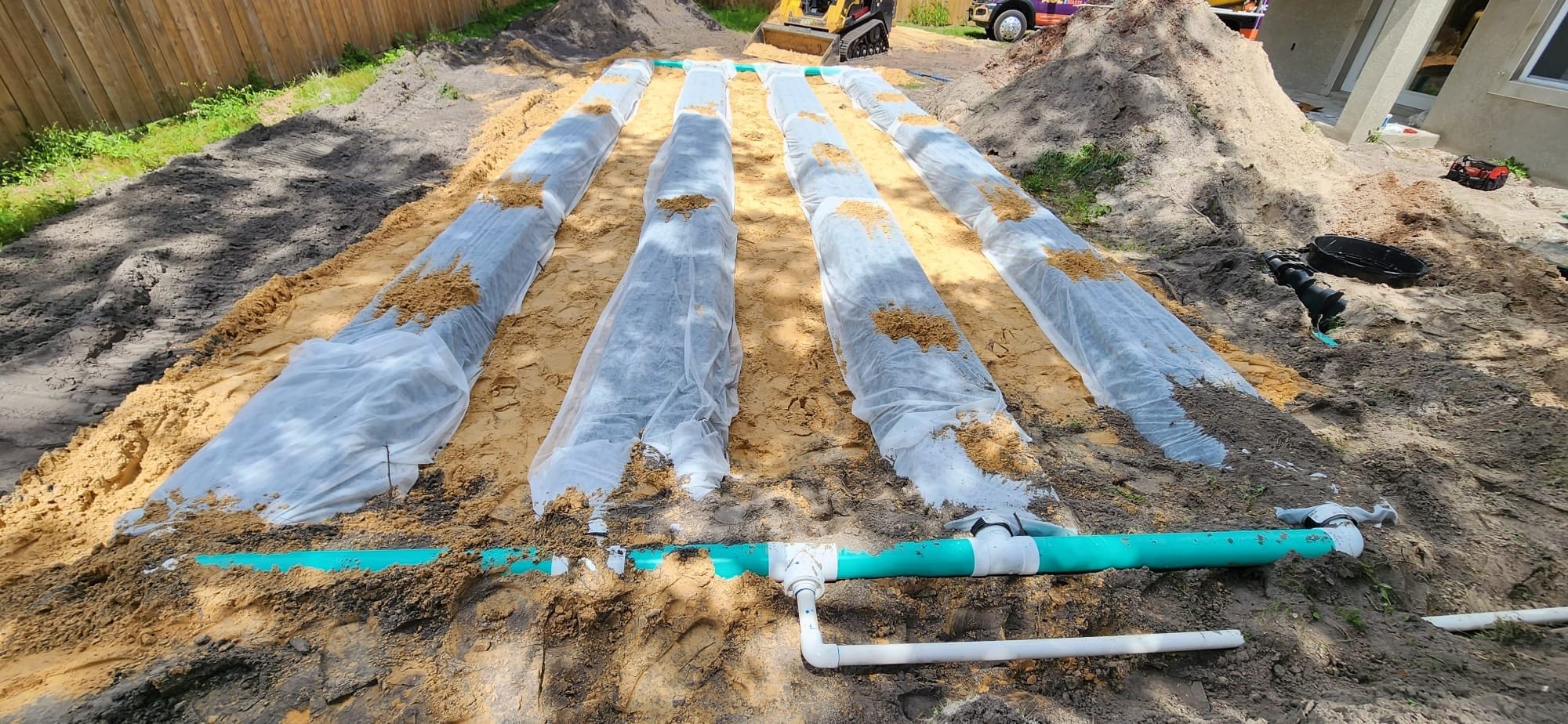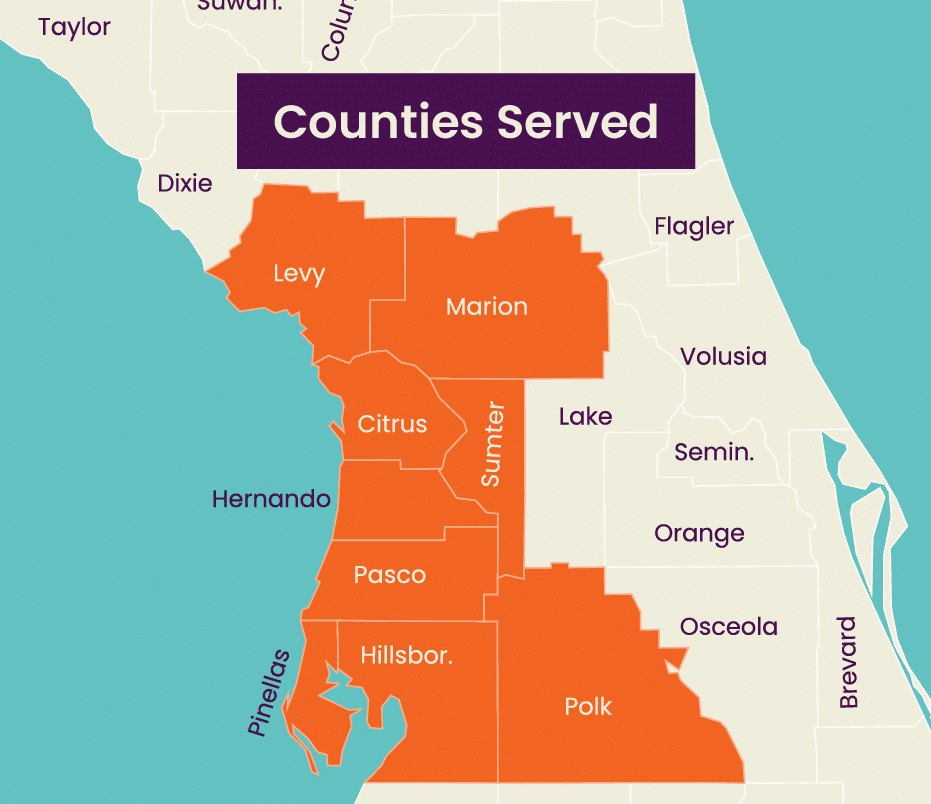When it comes to septic system repair and maintenance, one of the most critical elements is septic-approved sand. Septic-approved sand plays a pivotal role in ensuring the stability and functionality of septic systems, especially in a region like Florida, where high groundwater levels and fluctuating water tables present unique challenges.
In this article, we’ll discuss why sand is such an essential component of septic system repair.
Understanding the Role of Septic Sand
To appreciate the importance of sand in septic system repairs, it’s essential to understand its functions:
- Drainage: Sand is an excellent medium for facilitating drainage. In a septic system, it’s often used to create a leach field or drain field, which is responsible for distributing treated wastewater into the soil. Sand provides a porous medium through which water can flow, allowing for effective dispersal and further treatment.
- Filtration: Sand acts as a natural filter. As wastewater percolates through the sand and into the drain field, impurities and contaminants are trapped and filtered out. This process helps ensure that the effluent that enters the soil is relatively clean and safe for the environment.
- Buffer Against High Water Tables: In Florida, high water tables affect septic systems. When installed correctly, sand in the drain field creates a buffer zone between the wastewater and the water table, enabling proper wastewater treatment without contamination.
- Aeration: Sand’s porous nature also aids in the aeration of the soil, promoting the growth of beneficial microorganisms that contribute to the breakdown of organic matter in the wastewater.
Quality Matters
At ACE Septic & Waste, we understand that the quality of the sand used in septic system repairs is directly related to its performance and longevity. When assessing the quality of sand for septic system repairs, we look at criteria such as:
- Particle Size: The size of the sand particles can impact filtration. Smaller particles can trap finer impurities, providing better filtration of the effluent.
- Uniformity: We opt for sands with a uniform distribution of particles. This preference helps ensure the drainage is consistent throughout the drain field and stabilizes its distribution.
- Particle Density: We use high-density sand, which is fine enough to enable proper filtration but not so fine that it clogs up the soil and blocks drainage.
- Coarseness: The coarseness of the sand affects its drainage capabilities. Coarse sand allows for better water movement and drainage, which is crucial for efficiently operating a septic system.
- Compatibility with Soil: The chosen sand type must be compatible with the existing soil on the property to ensure proper percolation and drainage.
The most common type of sand used is washed river sand, which is typically gray or tan. This type of sand is highly porous and drainable, making it perfect for septic systems where water needs to move freely.
The Right Results
At ACE Septic & Waste, our team provides quality septic repair services. We are guided by carefully considering the sand type and its compatibility with Florida’s soil and groundwater conditions.
We strive to balance drainage, filtration, and aeration with sand for septic system repairs. We take great care in choosing the most suitable type of sand for each project, ensuring our customers get the best results.
Whether you’re looking for septic repair services near me or need help maintaining your existing system, ACE Septic & Waste is the trusted choice for reliable and efficient septic services in Florida.
Here’s how we ensure the effectiveness of sand in our repair projects:
- Site Assessment: We conduct a thorough site assessment before commencing any septic system repair. This includes analyzing soil composition, groundwater levels, and the specific repair needs.
- Customized Solutions: We understand that each septic system repair is unique. Our approach is tailored to the project’s specific requirements.
- Compliance: We adhere to all local and state septic system repair regulations. Our commitment to compliance ensures the longevity and legality of your septic system repair.
Conclusion
In the world of septic system repairs, the role of sand cannot be underestimated. It is the foundation for proper drainage, filtration, and environmental protection. ACE Septic & Waste’s meticulous approach to sand selection and use in repair projects helps ensure that your septic system operates efficiently and complies with the many difficulties that Florida’s groundwater and water table dynamics present. If you’re searching for “septic repair services” or “septic repair near me” in Florida, trust ACE Septic & Waste to provide expert solutions. We know how to service residential and commercial systems. For more information or to schedule a consultation, contact us today. We’d love to hear from you!







